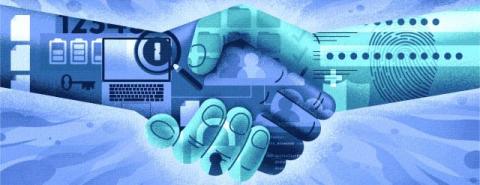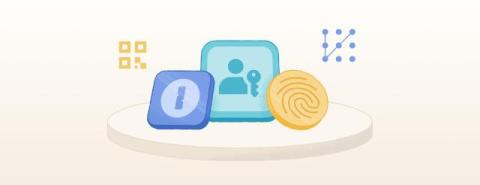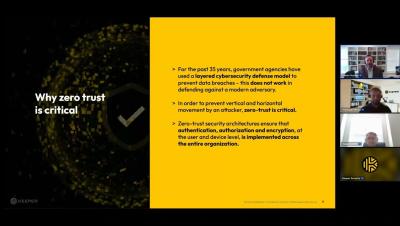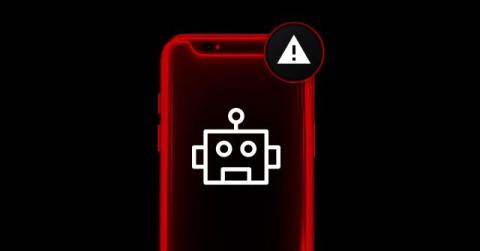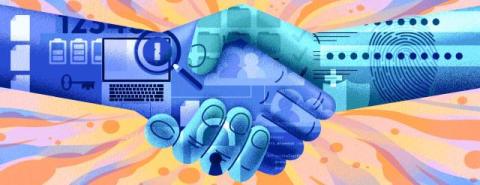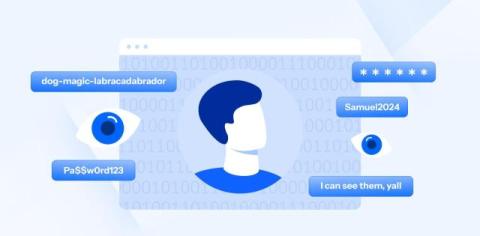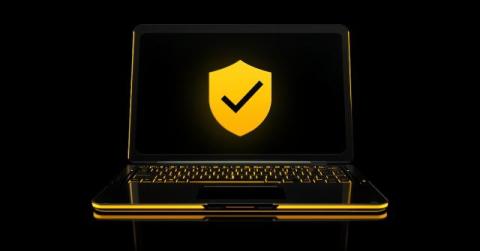How Are People Targeted With Malware
Malicious software, also known as malware, is a program that is designed to harm computer systems and devices. Cybercriminals target individuals with malware by creating spoofed websites, sending fake emails or messages, executing drive-by download attacks or deceiving users to download programs from a fake source. Learn more about how malware is delivered and how to prevent malware attacks.



